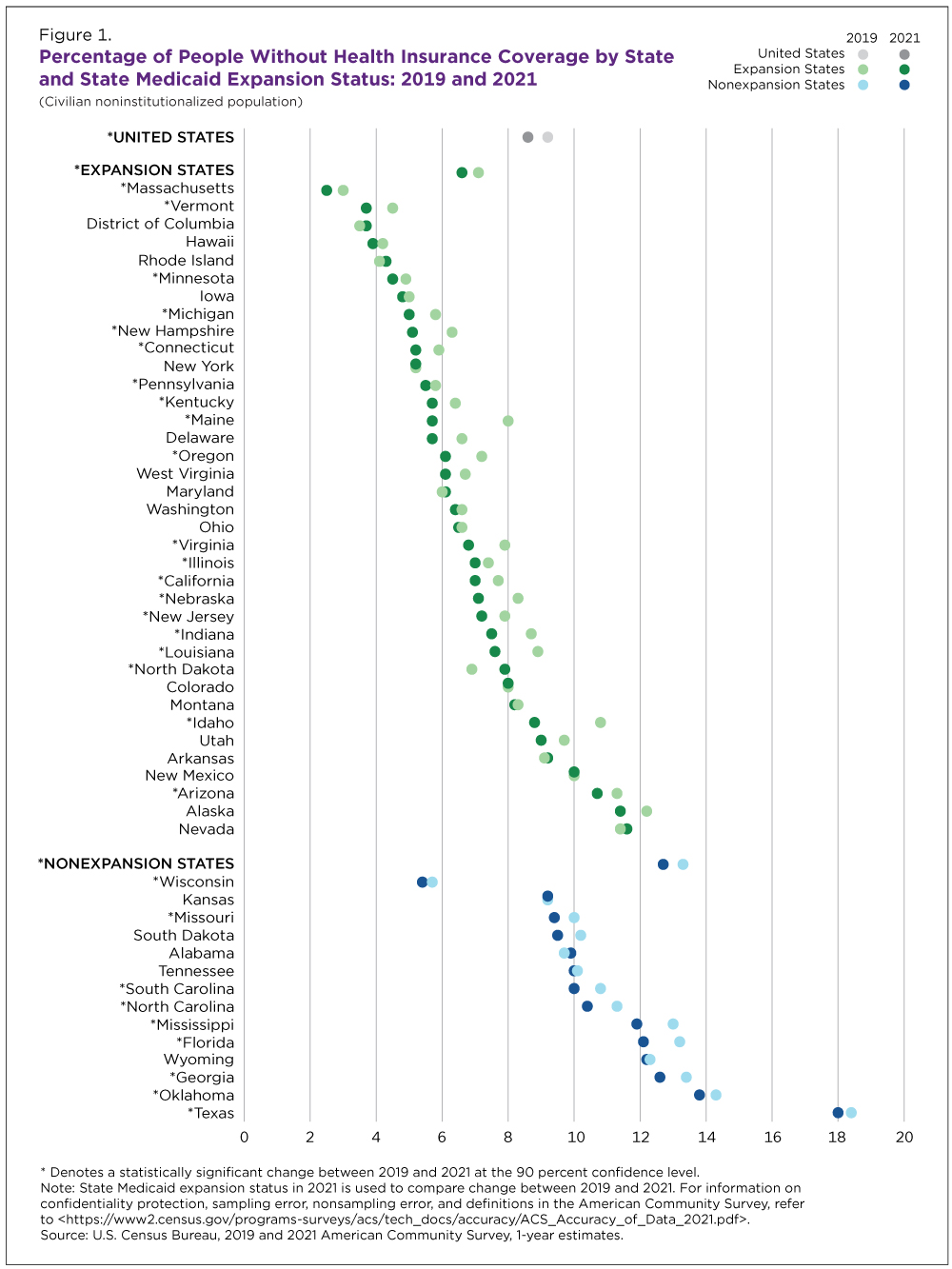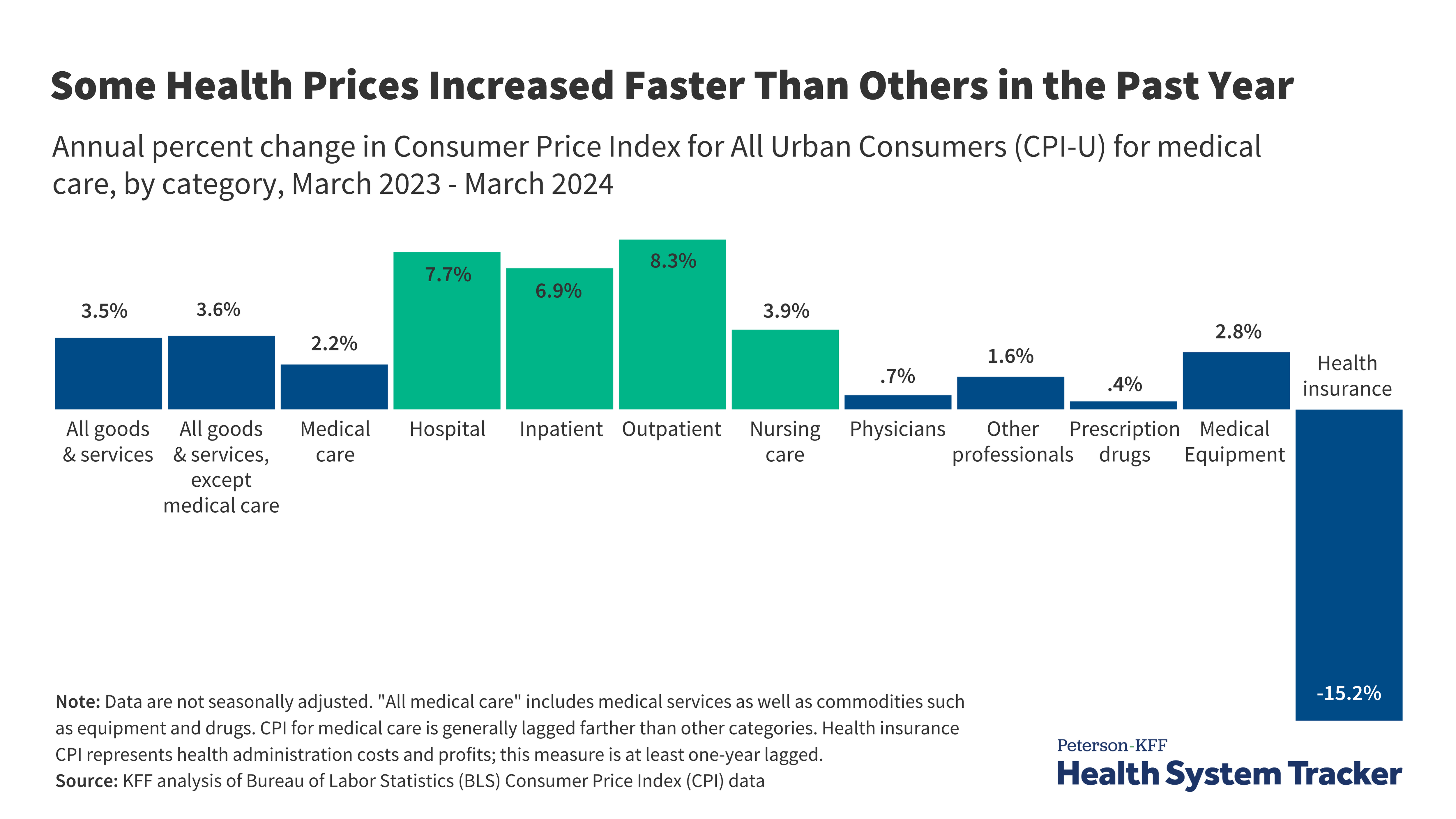| TheTitaniumNub said: Luigi had the balls to do what most don't. |
He also had enough free time and resources to do it. Which most people don't have.
| TheTitaniumNub said: Luigi had the balls to do what most don't. |
He also had enough free time and resources to do it. Which most people don't have.
Last year: $22 billion in profits, one third of claims rejected.
https://www.forbes.com/sites/brucejapsen/2024/01/12/unitedhealth-group-profits-hit-23-billion-in-2023/

I'm convinced people who praise the US Healthcare don't have life threatening diseases like me, a type 1 diabetic. They will never understand. Fuck that CEO. I pray to god change starts happening, or more shitty CEOs will die. Oh well.

I think, despite the problems, there is reason to be optimistic. The U.S system is much, much, much better than what it was pre-ACA and is on track for continual improvement. Health-insurance price inflation has been below general inflation for the last half-decade too, while coverage and services have expanded.
My predictions
By 2040:


The above chart tells us in the last ten years most states have had a rapid decline in uninsurance (and beyond this chart -- underinsurance as well.) There are a few exceptions, like Texas, where this isn't a case but they fall into two categories:
1. Texas has many people going across the border to get health-services from Mexico. You see this as well for border states around Canada.
2. The South has resisted (with a few exceptions) expanding Medicaid.
But eventually these states are going to relent, like they did introducing Medicaid in the first place. Arizona was the last state to introduce Medicaid, it introduced Medicaid 22 years after the first state did, as an example. We'll see similar for expansion.
Another good visual to be optimistic about.

You can see health-care costs are either very much below or roughly at inflation (with the exception of facility-based services, which are decreasing as a share of care administered as Americans increase their intake of preventative-care.) This is very different from where we were in the 90's and 00's when health-care costs outpaced inflation by about 3-4 times.
Right now the U.S spends about 18% of its GDP on health-care, with this reduced health-care inflation, we can expect this to start declining to something like 15% of GDP by 2040. That is probably roughly where other developed countries will be as they expand their services for their ageing demographics. (Right now the average developed country spends 13% of GDP.)
Health-care is very much still a failure in the U.S, but there is reason to be optimistic about the trends. Things are much better than they were 20 years ago, and in 20 years the trends are hinting we'll have achieved universal health-care (again <2% uninsured; every-one spends <10% of yearly income on health-care) in a majority of the country even if no big legislation is signed.
Last edited by sc94597 - on 18 December 2024

| sc94597 said: I think, despite the problems, there is reason to be optimistic. The U.S system is much, much, much better than what it was pre-ACA and is on track for continual improvement. Health-insurance price inflation has been below general inflation for the last half-decade too, while coverage and services have expanded. My predictions By 2040:
|